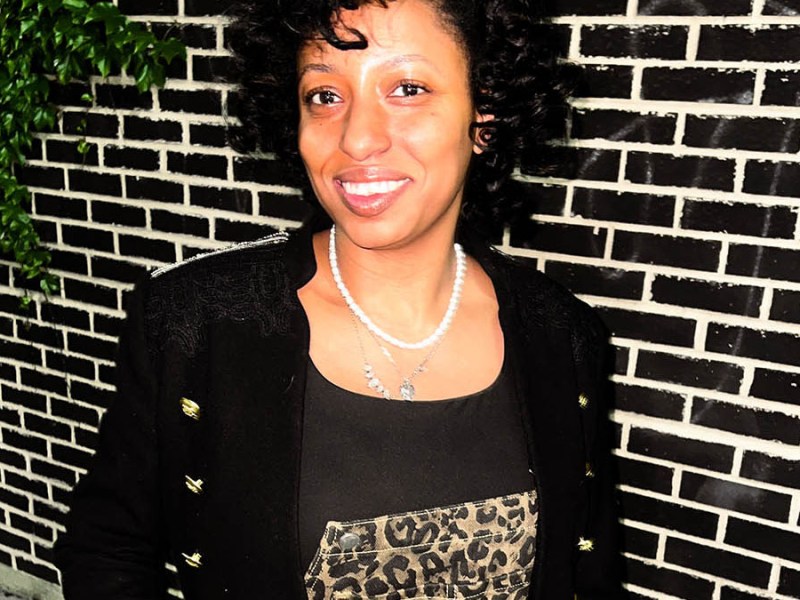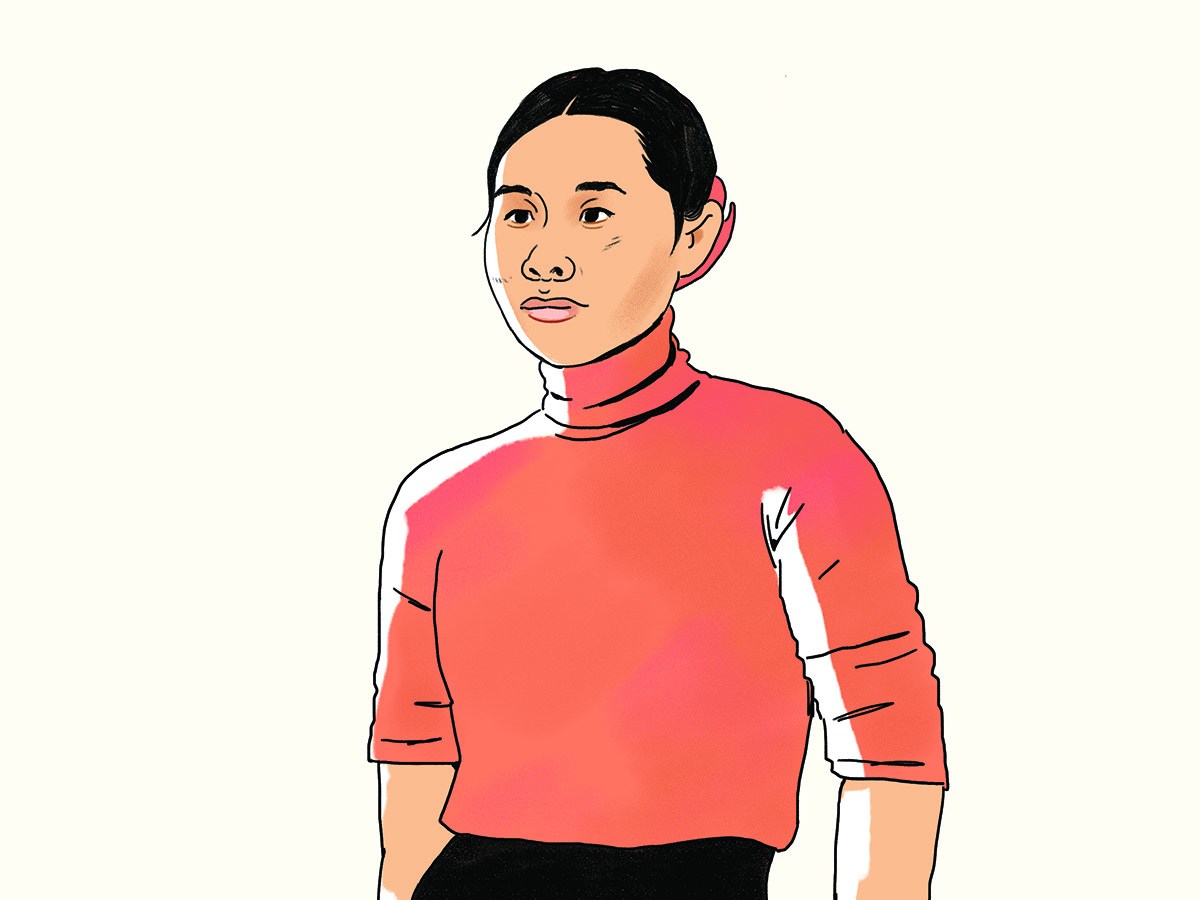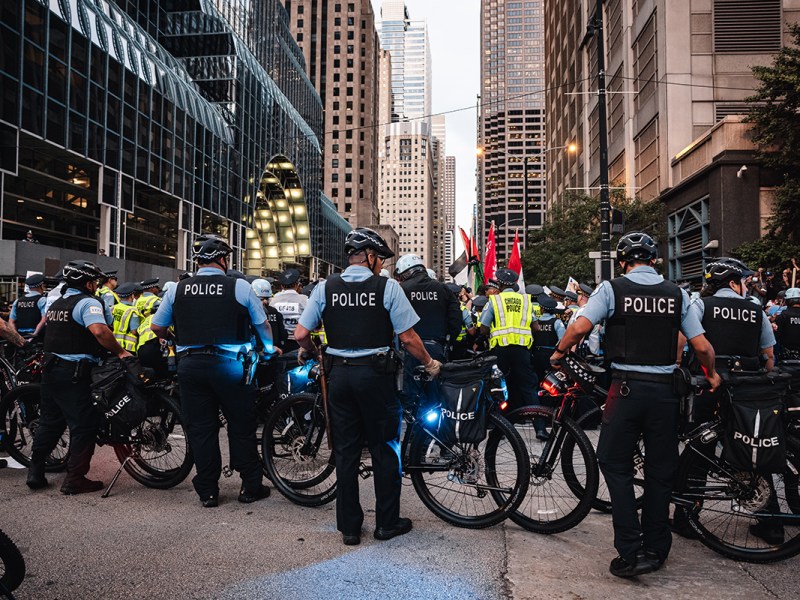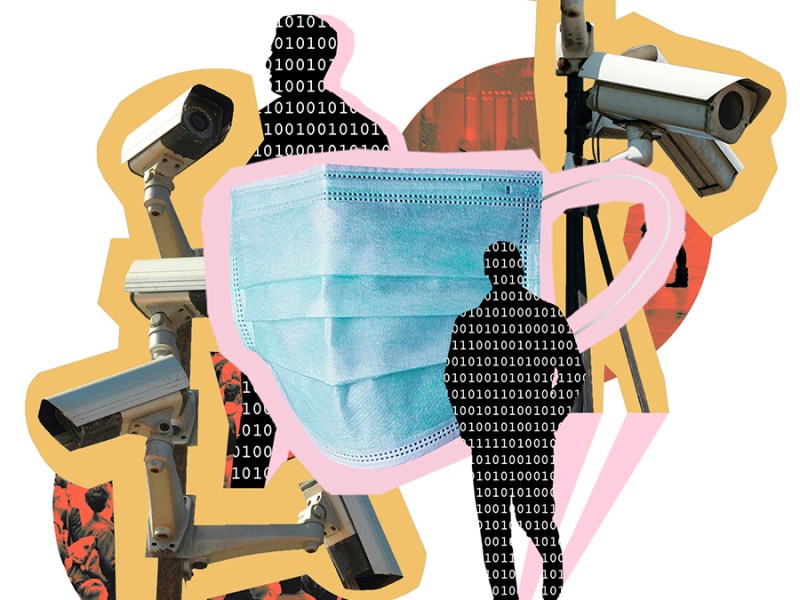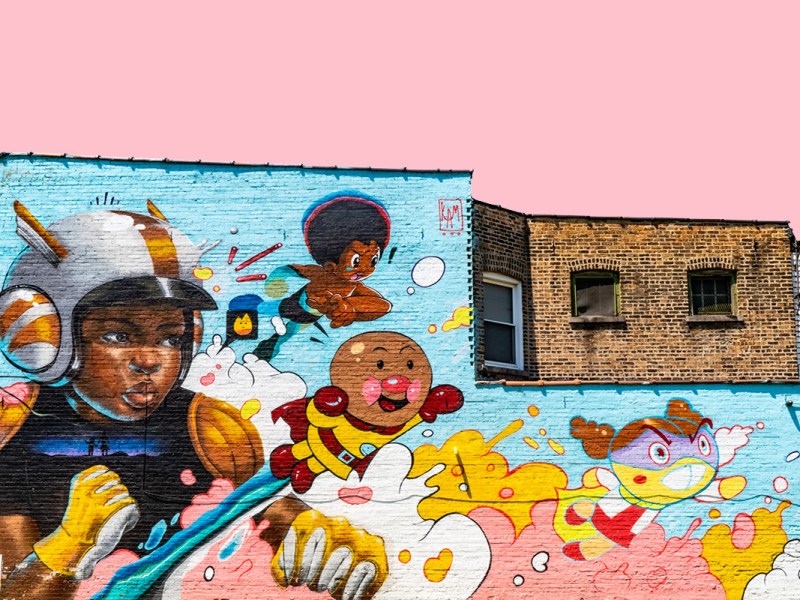DOJ probes Johnson admin
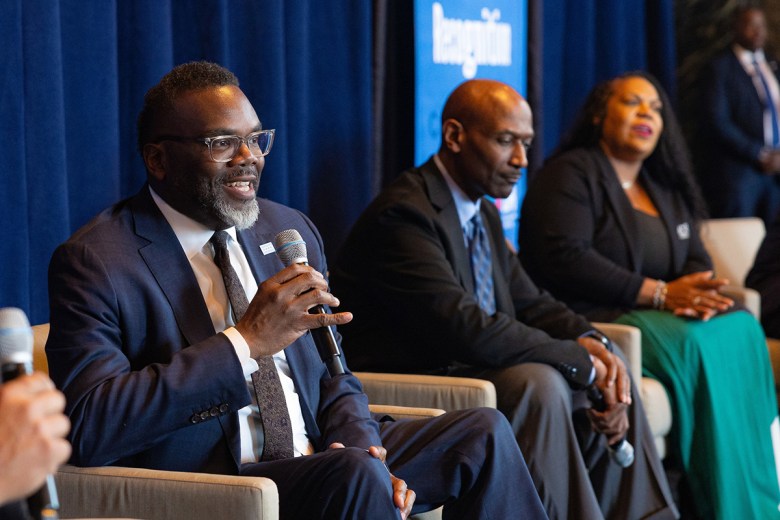
The U.S. Department of Justice (DOJ) is investigating Mayor Brandon Johnson’s administration for allegedly making hiring decisions “solely on the basis of race.” The federal civil rights probe, launched under Attorney General Pam Bondi, came after Johnson highlighted key Black officials in his cabinet at a May 18 event.
“The deputy mayor is a Black woman. The [head of the] Department of Planning and Development is a Black woman. [The] infrastructure deputy mayor is a Black woman. [The city’s] chief operations officer is a Black man. [The] budget director is a Black woman. [My] senior advisor is a Black man,” Johnson said at the Apostolic Church of God in Woodlawn. “And I’m laying that out because when you ask, ‘How do we ensure that our people get a chance to grow their business?’ [By] having people in my administration that will look out for the interest of everyone—and everyone means you have to look out for the interest of Black folks, because that hasn’t happened.”
In a May 23 interview, DOJ assistant attorney general for civil rights Harmeet Dhillon—described as “one of America’s best-known conservative legal activists”—told right-wing cable channel Newsmax that it’s an “open-and-shut investigation.”
“Chicago actually has a long and lurid history of rent-seeking and favoritism and nepotism and all other kinds of discrimination—and especially racial discrimination,” she said. —Shawn Mulcahy
New public shower program

The Chicago Department of Family and Support Services (DFSS) announced a new weekly service in partnership with ShowerUp, a nonprofit that offers showers and hygiene resources to people experiencing homelessness or hardship. The faith-based organization provides free access to mobile, private showers, as well as free personal care items like toiletries, socks, and underwear.
ShowerUp has had a Chicago branch since 2021—it’s the largest city of the seven that the nonprofit currently serves—and has provided more than 6,000 showers and hosted hundreds of events locally. But this partnership with DFSS offers a new location and weekly cadence: The shower suites and hygiene resources are available every Wednesday from 11 AM to 1 PM, weather permitting, at 10 S. Kedzie on the Madison side of the Garfield Community Service Center in East Garfield Park.
Other regular locations include the Chicago Cultural Center, the Forest Park Blue Line station, and a range of local churches. Visit showerup.org/chicago to view the full calendar of pop-ups. —Taryn McFadden
On copaganda
Alec Karakatsanis wants you to stop reading the daily news. That’s what he told a packed house on May 21 at Pilsen Community Books during a talk to promote his latest work, Copaganda: How Police and the Media Manipulate Our News.
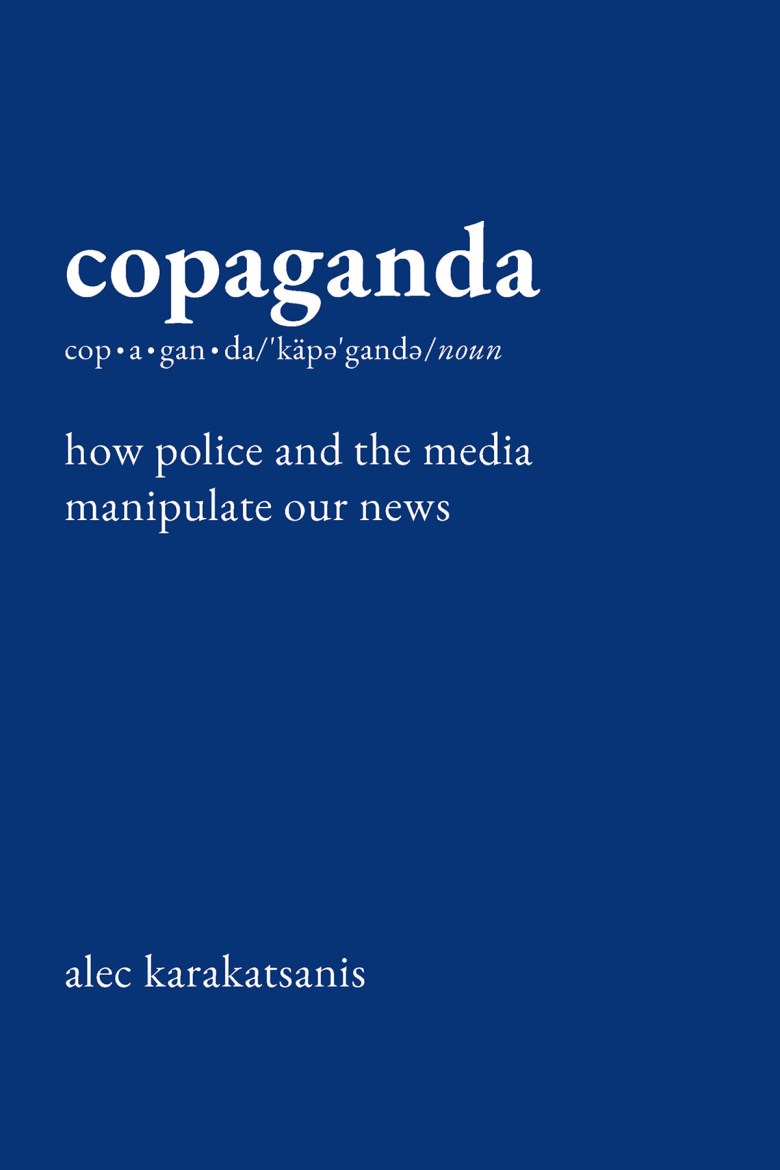
So much of the media we consume is tainted by pro-cop propaganda, argues Karakatsanis. In many cases, this is deliberate—reporters accept cops’ narratives without question, police departments shape how and what makes the news, and academics argue the benefits of living under a heavily surveilled police state. But even the most well-intentioned daily reporting often falls short, according to Karakatsanis, because it lacks context about how and why we got here in the first place.
Traditional media exists to preserve the status quo. It defines the scope of conversations about crime and safety, including which systemic changes are possible, which are palatable, and which are simply “too radical.”
Karakatsanis argues the need for counterpropaganda—the kind that relies on more than just research and evidence alone. He points to long-form and investigative journalism (music to my ears!) as a way to blend compelling narratives with data. Charts and figures are useful, he says, but they need to be in service of a broader ideological project. Right-wing, law-and-order messaging is effective not because it is well-reasoned but because it is sensational.
Copaganda is all around us. Karakatsanis’s book offers an essential look at ways to push back. —Shawn Mulcahy
